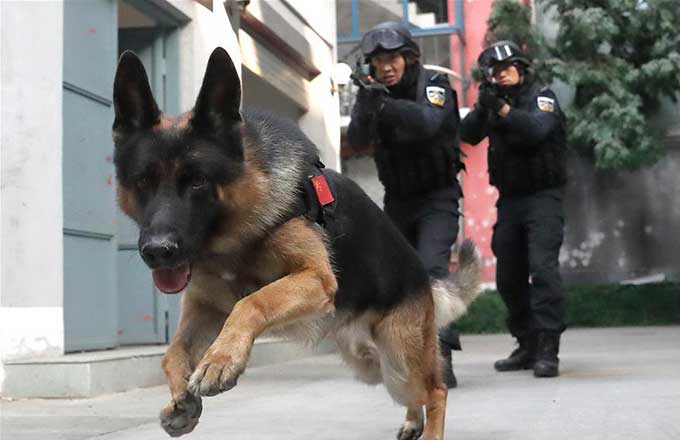University head touts international cooperation
China's higher education will be almost fully internationalized in 10 to 20 years as domestic universities continue efforts to build diversified, equal and interactive communication channels with their counterparts overseas, according to Liu Gonghui, president of Beijing University of Technology.
Liu made the comment in an exclusive interview with China Daily on Oct 21, during an international symposium called How to Nurture Innovation and Entrepreneurship under Globalization. The symposium, which was held at the university, was attended by officials and guests from Ireland, Japan, Pakistan and China.
"The internationalization of a university has three main stages," Liu said. "The first stage is to send teachers and students to developed countries to learn. Most universities in China are at this stage."
From that basis, one-way communications will gradually become mutual exchanges and result in the start of the second phase, which will occur when more Chinese universities begin receiving foreign scholars and students, he said.
Liu's university hosts 1,000 foreign students from 80 countries and regions, and 40 percent of them are studying for degrees. However, a large number of foreign students in China come from underdeveloped countries, while most of those from Europe and the United States visit for short-term language training and cultural experiences, he said.
The third stage - full internationalization - is achieved when a university's students come from all parts of the globe, and Chinese scholars and teachers enjoy greater participation in foreign academic activities, Liu added.
In an address to the symposium, Liu said deep discussions about reform of the university system as well as the internationalization and localization of higher education in universities will contribute to future cooperation among all participants.
Beijing University of Technology, which is at the second stage of internationalization, according to Liu's yardstick, aims to deepen its interaction with its higher education counterparts overseas during the period of the 13th Five-Year Plan (2016-20).
At present, the university has about 80 teachers from overseas, and it plans to raise the number to 100 or 120 by 2020. The number of foreign students will grow from 1,000 at present to 1,500 by the same year, according to the school's action plan.
"Beijing Tech's scientific research is in China's top tier in a range of subjects - including materials science, optics and civil engineering. That's one of our strengths, and it attracts students from overseas," Liu said.
The exchange of talents is only one part (of the plan)," he said. "More important, we will build more international scientific research platforms to deepen communication between domestic and overseas experts."
"As China's economy and society develops further and grow stronger, internationalization becomes a natural process," Liu said.
- Is it a thing? 10 odd jobs where you can make good money
- Message on a bottle: Mineral water company launches drive to find missing children
- Sun Yat-sen champion of national integrity, unity: Xi
- Four killed, two injured after house collapses in C China
- Cross-Straits forum held to commemorate Sun Yat-sen





















